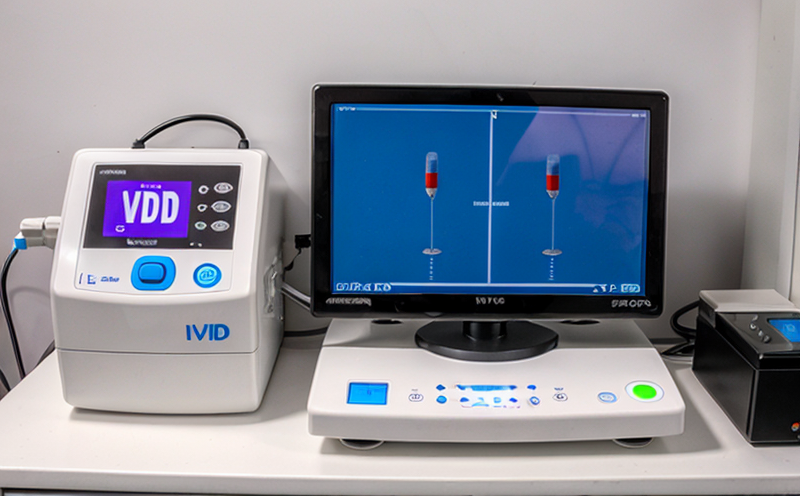FDA 21 CFR Part 11 Software Compliance Testing for IVD Systems
In the realm of medical device testing, especially within the In Vitro Diagnostic (IVD) sector, ensuring regulatory compliance is critical. The FDA 21 CFR Part 11 regulations are designed to ensure that electronic records and signatures in regulated industries meet the same level of integrity, authenticity, and accuracy as paper-based systems. This regulation applies particularly to software used within IVD systems where data integrity and traceability are paramount.
The FDA expects manufacturers of medical devices, including IVDs, to adopt robust software management practices that comply with 21 CFR Part 11. Compliance ensures that critical information captured by the device is accurate, secure, and available for audit purposes. This includes electronic records generated during the development, manufacturing, and use of these systems.
Given the high stakes involved in medical diagnostics, non-compliance can lead to product recalls, legal actions, or even market bans. Therefore, compliance with 21 CFR Part 11 is not just a regulatory requirement but also a critical component of quality assurance for IVD products.
Scope and Methodology
| Aspect | Description |
|---|---|
| Data Integrity | The testing ensures that all data captured by the device is accurate, secure, and tamper-evident. This involves validating software systems to ensure they prevent unauthorized access and maintain audit trails. |
| Electronic Signatures | Evaluating whether the system can generate and manage electronic signatures securely for user authentication and accountability. |
| Software Change Management | Ensuring that any software updates or modifications are tracked, validated, and documented to maintain compliance with regulatory standards. |
| Data Retention | Verifying the system’s ability to retain data for the required retention periods specified by FDA regulations. |
The methodology involves a comprehensive review of existing software systems, followed by rigorous testing and validation. This includes examining the source code, reviewing user access protocols, and ensuring that all functionalities comply with 21 CFR Part 11 standards. The process also entails simulating real-world scenarios to identify potential vulnerabilities or non-compliance issues.
Benefits
- Enhanced Data Integrity: Ensures accurate and secure data storage, reducing the risk of errors and inconsistencies.
- Comprehensive Compliance: Meets FDA regulatory requirements, avoiding penalties and legal actions.
- Improved Reputation: Demonstrates a commitment to quality and patient safety, enhancing brand reputation.
- Reduced Risk: Mitigates risks associated with non-compliance, including product recalls and market bans.
Why Choose This Test
- Specialized Expertise: Our team of experienced compliance officers and R&D engineers ensures that the testing is conducted by experts in the field.
- Comprehensive Coverage: We cover all aspects of 21 CFR Part 11, ensuring a holistic approach to software compliance.
- Cost-Effective Solutions: By identifying issues early in the development process, we help reduce costs associated with late-stage modifications and recalls.
- Continuous Support: Post-testing support ensures ongoing compliance and helps address any emerging regulatory changes.
Frequently Asked Questions





